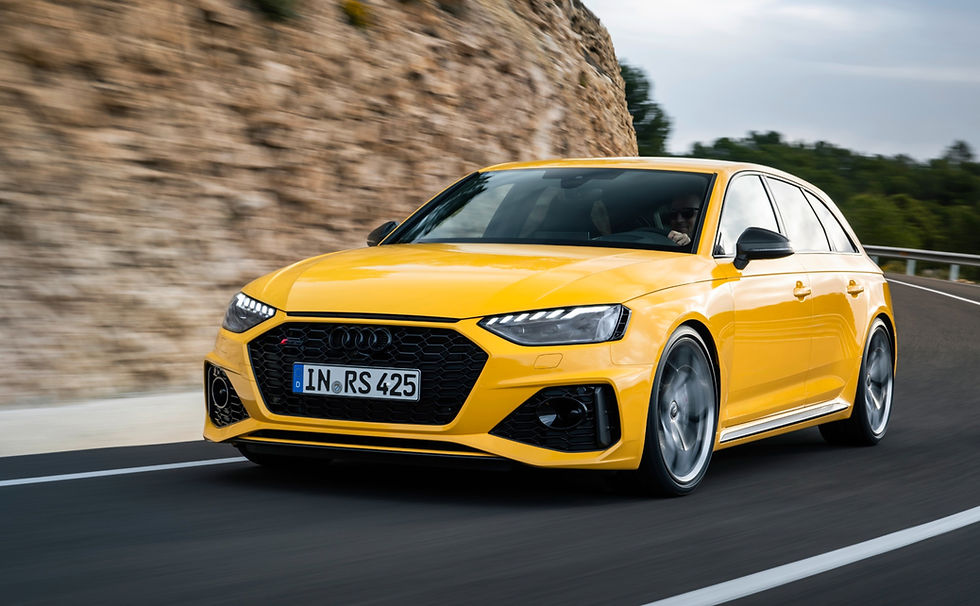Will VW pull the plug on TDI
- MilesDriven
- Nov 8, 2020
- 3 min read
Updated: Feb 12, 2021
Create a blog post subtitle that summarizes your post in a few short, punchy sentences and entices your audience to continue reading.

Electric car companies appear to be starting up each and every week, an entire industry of new manufacturers are showcasing their vision of the future. Legacy automotive makers are now arriving to the party, with very real offerings that are matching up to their I.C.E siblings. One company in particular to chase the EV hype is VW. They are the backers of the 'Charge America' stations and are increasing their footprint across Europe with fast chargers popping up in city centres and supermarkets.
So how long will they be able to stretch across Petrol, Hybrid, Diesel and EV development before they are forced to make a tough decision? Odd to think that the company that thrust diesel into centre stage in the late '90s would be the first to retire it, but the options seem scant. New buyers do still buy diesel, especially in larger vehicles, but petrol hybrids that can zip around a city without tailpipe emissions and still be able to cover hundreds of miles swallow up anything that isn't solely powered by dinosaur juice.
Petrols inherent advantage of lower particle pollution and sidestep from scandal mean that some buyers have already vowed diesel won't return to their driveway. This means that when the time comes in three years to refresh diesel engines it is unlikely VW will want to go to the huge cost associated with ground-up development. The petrol motor will likely live on outside of Europe as countries like the USA and Australia will always have communities that live far from a charge point and need the use of relatively cheap and convenient transport. Since you can still buy petrol cars brand new for less than £10,000 (admittedly this isn't VW market) and EV's are very unlikely to reach that price point in the next decade, internal combustion will still need development. Diesel is unlikely to be the pick for the passenger vehicle segment and so it would make sense to cut it first.
The trouble here is workers, the economy and the environment. Electric cars are still not clean, in fact, with the UK announcing a new coal mine in the North West, they may be much worse for the planet if that's where the electricity came from. Aside from pollution, there is an economic problem. Getting electric cars profitable in 9 years at all levels, or at least mid-level onwards is going to be a challenge, especially if the enthusiast market does begin to concentrate on pre-loved combustion engine-powered cars. The enthusiast spends more and will buy the extras, those shopping for a car with the same enthusiasm as a fridge won't perk up the balance sheet on their own. Lastly, the auto sector is a colossus in the economy, from neighbourhood mechanics that earn bread and butter only years services to tuning houses that extract extra punch from pistons. A phased switch will have to happen, rushing that through by 2030 will mean concentrating efforts and diesel power is unlikely to be anywhere near the top of the list. Synthetic fuels may fill a void once the ban on new petrol and diesel sales comes into force, again this is unlikely to end up in a compression engine, instead they will fill the classic Porsche's.
Where does this leave diesel? Increasingly, it's out in the cold. Trucks and farm equipment will likely rely on it for decades yet, but VW may just be about ready to pull the plug. (We couldn't help the pun.)








Comments